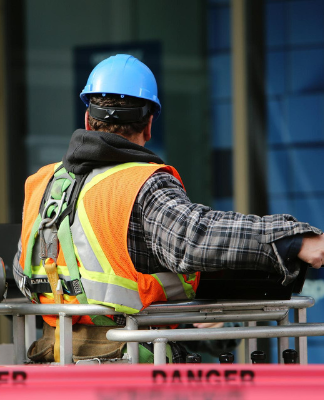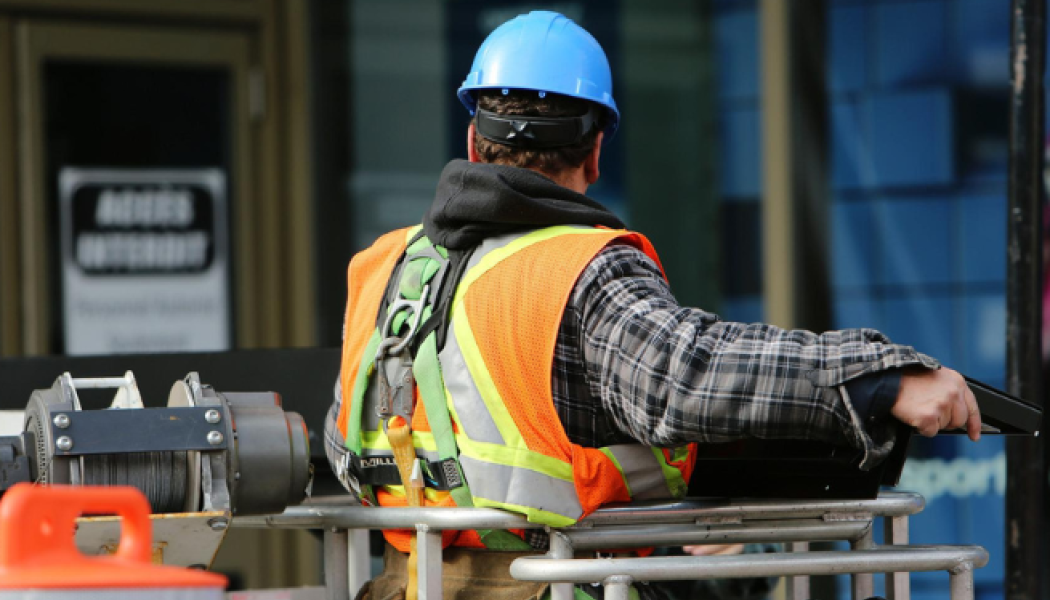More than 9,000 British Columbians have died due to the toxic drug poisoning since 2016 – with 2021 being the worst year on record at 2,224 deaths. According to the BC Coroners Service, four in five people who die are men, and approximately one in five have worked in trades, transport and equipment operation.
With those statistics fresh in mind, the B.C. construction industry decided to take a hard look at the reasons why men in their industry were dying from overdose. They asked their tradespeople, and what they heard back spurred the creation of the Tailgate Toolkit, a program aimed at increasing access to harm reduction services and support for those working in the construction industry.
The Tailgate Toolkit is a partnership between the Vancouver Island, Vancouver, Southern Interior, and Northern construction associations.
Christina Cole, the Southern Interior Construction Association’s harm reduction coordinator, says providing resources for people who work in their industry is like providing another level of safety for people who may be seeking relief and using substances, she says.
“In construction we have personal protective equipment like hard hats and safety glasses, fall protection and if anything happens, there is first aid on the site,” says Christina. “We need to take that lens and bring it to substance use.”
When the provincial construction associations surveyed their members about toxic drug use, the responses ranged from heightened expectations of masculinity and toughness, to workplace culture, to feeling undervalued and exhaustion. And there was reference of pain management – which isn’t entirely surprising, given the BC Coroners Service notes that two in five people had contact with health services in the year prior to their death for pain-related issues.
“As I got a little bit older … You know my body’s kind of starting to feel a little more aches and pains … Of course, the opiates would really help with that,” said one respondent.
“Well, the benefits (of cocaine) were extreme energy,” said another. “Yeah, just gave me that boost I needed to get through that last, you know, few hours of the day or the few hours left on the Friday after a long week. That’s what it did to me, it gave me the boost I needed, the energy to perform my job … fatigue is huge.”
Said a third: “It was just really hard work, and pretty much everyone that I worked there (with) went out to the bar afterwards and drank and the coke came out. … It was almost like a lifestyle, right? You work hard and then you play hard.”
Interior Health is also paying attention to the harm reduction principles presented in the Tailgate Toolkit. Project managers from IH’s Capital Planning & Projects team recently took in a presentation on the toolkit. The team manages contractors and consultants on close to 100 active capital projects; their attention to the risks and strategies associated with harm reduction will seek to reduce stigma and support those who may be struggling.
“Our teams interact with contractors and consultants from the construction industry on a regular basis,” said Michael Morton, Senior Project Manager, Interior Health Capital Planning & Projects. “The Tailgate Toolkit will help us support those in our industry who may be struggling with substance use issues and in need of support. We fully support the principles behind this important initiative.”















